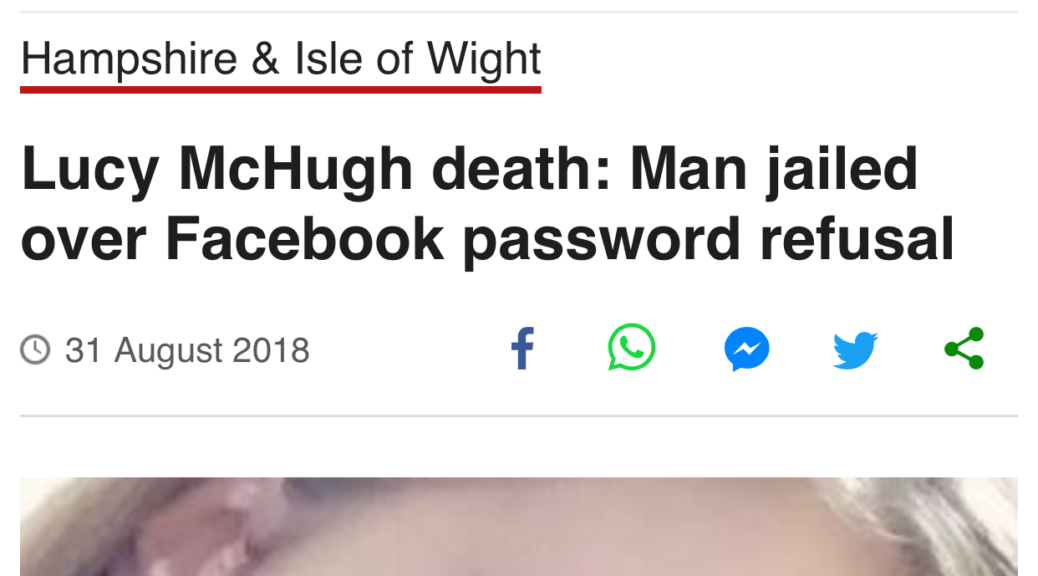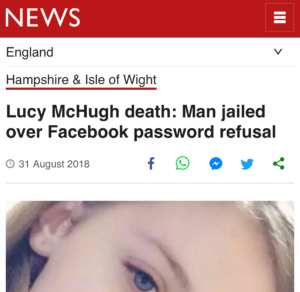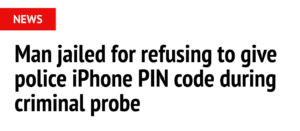Restorative Justice, or ‘RJ’ as it is sometimes known, is a way of holding offenders to account and can be used as an alternative to a caution or conviction, or alongside a sentence.
What happens with Restorative Justice?
Restorative Justice gives a victim the opportunity to meet or communicate with an offender to help the offender understand the impact of the crime. It can also provide the offender with the chance to make amends.
This may be done in a face to face meeting or by way of a written apology. Alternatively the offender could make amends to the community rather than to the victim directly.
Communication takes place in a controlled environment, if the meeting is face to face. A facilitator will also be present. The meeting would centre on the harm caused and ways to repair that harm.
When can Restorative Justice be used?
For any kind of communication to take place the victim must be happy to participate. The offender will also have to have admitted the offence and be willing to take part.
Gareth Thomas, the former Wales rugby captain, chose to deal with his complaint in this way after he was the victim of a homophobic assault.
The young person involved admitted the offence, and it is being dealt with by way of Restorative Justice rather than via a caution or through Court.
Mr Thomas said he thought that the offender could learn more through Restorative Justice than any other way.
Restorative Justice can also be used when an offender has received a prison sentence. In another case, Cathryn Walmsley of Bolton was assaulted, the offender pleaded guilty to causing grievous bodily harm with intent, and a four-year term of detention was imposed.
Mrs Walmsley read a victim impact statement out in court to set out how the offence had affected her. She also said that she would like to sit down with the offender to discuss what he did because she believes that this may give her “closure”.
It may also assist the offender, and it is hoped in these circumstances that it would reduce the likelihood of any future offending.
Does it work?
Research undertaken by the government in a seven-year period found that there was an 85% victim satisfaction rate with the process following the use of restorative justice. There was a also a reduction in the frequency of re-offending of 14%.
How can we help?
Many decisions relating to whether Restorative Justice is an appropriate alternative to a police caution or prosecution will be made at the point of police interview under caution or shortly afterwards.
We offer free and independent legal advice at the police station or anywhere else where you may be interviewed by the police.
A number of benefits to seeking advice can be found here, but an important benefit is that we will be able to advise you as to whether restorative justice could be available in your case and make representations or negotiate with the police on your behalf.
You can find your nearest office here.

Alternatively you can use the contact form below:
Contact














